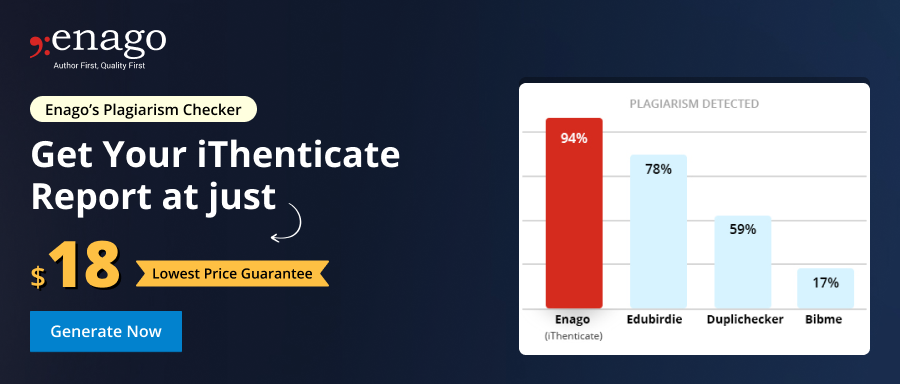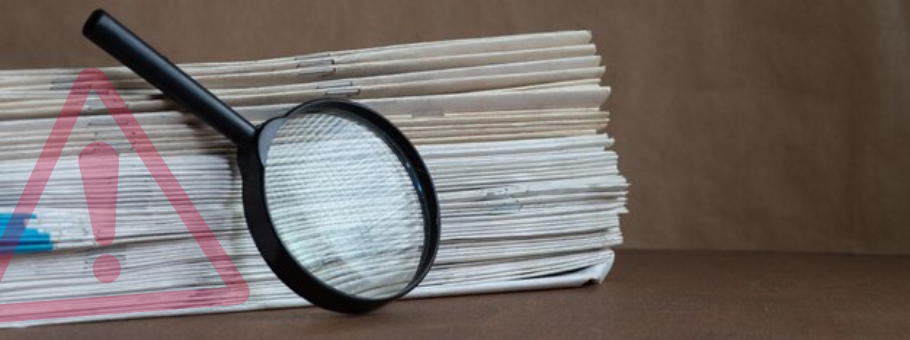How Should You Report Scientific Misconduct?

The number of retracted papers has increased considerably during the last few years and the reasons for these retractions are many. In some cases, the manuscripts had to be withdrawn because of honest errors made during the study, but in other cases the problem was more serious, and the retractions involved at least one the 10 different types of scientific misconduct including plagiarism, self-plagiarism, data fabrication or falsification, inappropriate authorship, failure to comply with legislative and regulatory requirements, and others.
The entire academic community is responsible for maintaining scientific ethics and integrity, so researchers, reviewers, editors, publishers, and academic institutions alike play an important role in avoiding and disclosing possible cases of scientific misconduct.
Strict laws and punitive consequences for unethical researchers are probably the best way to tackle the problem, which is why many publishers are now banning authors from publishing in their journals for a certain time after discovering fraudulent behavior. The same applies to universities, research centers, and other institutions, which are usually willing to investigate and clarify potential ethical issues as quickly as possible. A good example was China’s stand against scientific misconduct.
ORI and COPE
The Office of Research Integrity (ORI) and the Committee on Publication Ethics (COPE) are two organizations that have been created to help the scientific community in dealing with unethical cases.
ORI belongs to the US Department of Health and Human Services (HHS) and is in charge of developing policies and procedures to detect, investigate, and prevent fraudulent scientific behavior. The office also supports institutions that respond to allegations of research misconduct and implements programs to promote research ethics and integrity.
COPE guidelines for publication ethics advise editors and publishers on how to manage cases of research and publication misconduct. Its Guidelines on Good Publication Practice are an excellent read for all those interested in promoting honest science publishing.
Reporting Scientific Misconduct
However, what is the best way to report and handle allegations of scientific misconduct? Sites such as PubPeer can be a great help in such cases, so one possibility would be to add a comment on the suspect paper through that platform. If a reader believes that there could be an ethical problem with a published manuscript, the first step would be to contact the editors of the journal where it appeared. Editors must take all allegations of misconduct seriously and have the responsibility to look into the case. If there is evidence of serious misconduct, they may need to inform the employer(s) of the accused author(s) who will then start another (internal) investigation. In some cases, publication of a notice in the journal will be warranted (usually together with the retraction of the paper). The author(s) should always get the chance to respond to any allegations of misconduct.
Despite the unpleasant situation, all correspondence with editors and/or author(s) should remain objective and kind. If there is no response from the journal or the authors—or if their answers are not convincing—the reader can still try to contact the author’s employer (or institution) directly to ask for an investigation. ORI and COPE may help in those cases.
Maintaining scientific and research integrity requires collective effort from researchers, editors, institutions, and publishers. Proactively addressing potential ethical concerns can help uphold the credibility of research. Tools like Turnitin and Enago’s Plagiarism Checker play a vital role in preventing issues like plagiarism by identifying text similarities and ensuring proper citations before submission. By combining vigilance, ethical practices, and advanced plagiarism detection tools, the academic community can foster a culture of honesty and transparency in science.










